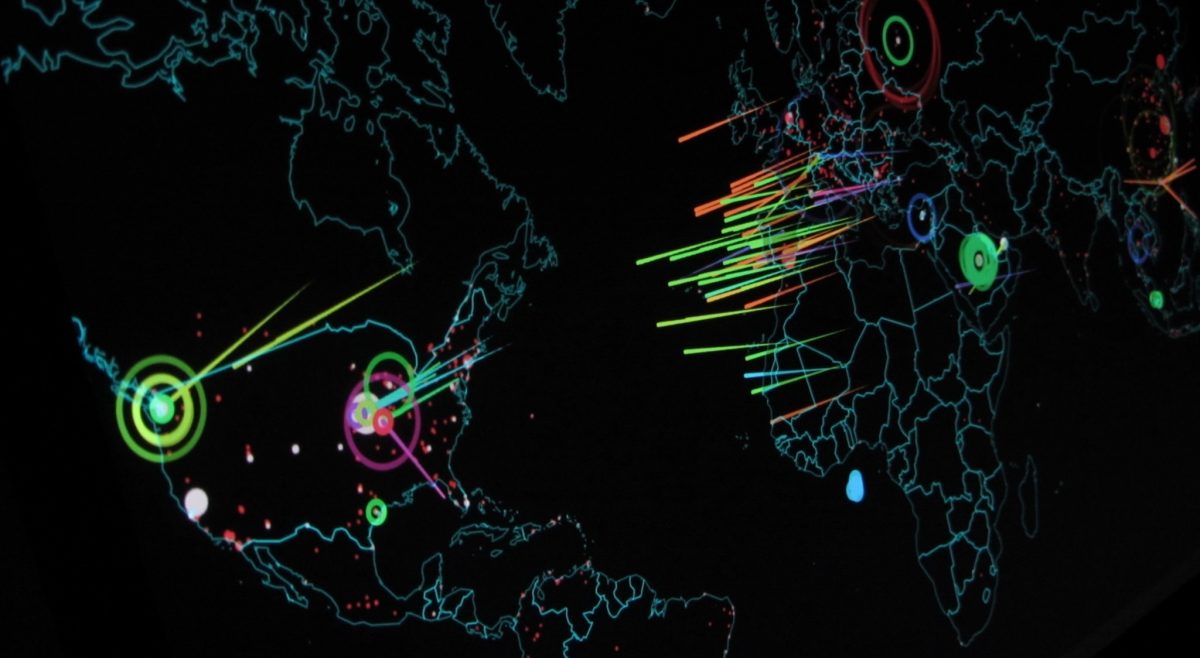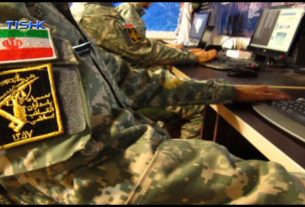Nobitex crypto hack. A squad of elite hackers stole $48 million in bitcoin from an. Iranian exchange that is generally thought to be associated with the Islamic Revolutionary .Guard Corps (IRGC) in a blatant act of politically motivated cyberwarfare. Targeting Nobitex. Iran’s biggest cryptocurrency trading platform, the operation was executed in mid-June 2025 and has been ascribed to Predatory Sparrow, a group with Israeli sympathies (also known as Gonjeshke Darande).
The fact that the stolen money was moved to unrecoverable wallet addresses rather than personal accounts—a purposeful action intended to destroy the money—makes this more than just a theft. The hackers assert that the Bitcoin was being used to fund terrorists.And that their objective was strategic disruption rather than financial gain.
Iran Crypto Sanctions
 Iran has used cryptocurrencies like Tether (USDT) to bypass U.S. sanctions, with exchanges like Nobitex reportedly helping IRGC-linked groups fund overseas operations. Millions have moved through Nobitex wallets tied to blacklisted entities, raising concerns from U.S. senators about crypto aiding groups like Hezbollah and Hamas. The recent attack highlights the vulnerability of crypto systems in geopolitical conflicts.
Iran has used cryptocurrencies like Tether (USDT) to bypass U.S. sanctions, with exchanges like Nobitex reportedly helping IRGC-linked groups fund overseas operations. Millions have moved through Nobitex wallets tied to blacklisted entities, raising concerns from U.S. senators about crypto aiding groups like Hezbollah and Hamas. The recent attack highlights the vulnerability of crypto systems in geopolitical conflicts.
Crypto Wallet Attack
The breach happened on June 18, 2025, and involved a number of sophisticated attacks against Nobitex’s hot wallets, which are internet-connected crypto wallets used for daily. Operations and trading liquidity, according to Elliptic, TRM Labs, and other blockchain analytics platforms.
The hackers moved more than $48 million into vanity addresses—wallets that are purposefully made without access to private keys—mostly in Tether (USDT) on the Tron blockchain. Provocative identifiers like “FuckIRGCterrorists” were inserted into these addresses, indicating the hack’s political purpose.
“This is not a financially driven attack,” Elliptic said. To make sure the money could not be recovered or used again, the hackers took careful measures. A calculated act of economic sabotage, this was.
This technique, referred to as “burning” crypto, has never been used on this scale before. Smaller vanity burning have happened in the past as protests or media stunts. but this is the first time that such a significant amount has been purposefully burned as part of geopolitical warfare.
Experts Point Sparrow
 Nobitex crypto hack. The hack’s effects are both concrete and symbolic. Iran’s dependence on cryptocurrency exchanges such as Nobitex is currently being closely examined both domestically and globally. A sizable amount of the cryptocurrency liquidity utilized by Iranian government-affiliated institutions has been completely destroyed by this attack.
Nobitex crypto hack. The hack’s effects are both concrete and symbolic. Iran’s dependence on cryptocurrency exchanges such as Nobitex is currently being closely examined both domestically and globally. A sizable amount of the cryptocurrency liquidity utilized by Iranian government-affiliated institutions has been completely destroyed by this attack.
Due to “urgent technical maintenance” and “internal assessment,” Nobitex has temporarily suspended its trading services and app. Internet watchdogs observed national slowdowns and allegations of banking service disruptions after the hack, although no Iranian official. Has verified the nature of the breach.
Although the Iranian Central Bank has not issued a formal declaration. Insiders indicate that backup plans are being implemented to reorganize the role of cryptocurrency in Iran’s financial system. Simultaneously, it is anticipated that the nation’s cybersecurity and intelligence services will initiate counterattacks, either online or through proxy organizations.
Digital Assets Weaponized
Nobitex crypto hack. Global security experts are referring to this as a turning point in the weaponization of cryptocurrencies. Digital assets were utilized as a geopolitical tool—uncommon on this scale—not for theft or profit, but as a means of exerting power. According to John Hultquist, chief of threat intelligence at Google’s Mandiant subsidiary, “Cyberwarfare just entered a new phase.
These attacks are no longer limited to state secrets or websites. These include financial networks, digital currencies, and the essential instruments of global power.” Although it has not denounced the strike, the U.S. administration has voiced alarm over the destabilizing nature of the incident. Some members of Congress even described the action as a “necessary cyber intervention” against a regime that “uses cryptocurrency to finance violence.” Tether, the issuer of the stolen stablecoins. Stated that it was powerless to intervene since the funds had been moved to wallets beyond its control. “We were not vulnerable in this way. These assets are destroyed,” a company spokesperson said.
Final throughts
An important development in the realm. Of cyberwarfare is the theft—and subsequent destruction—of $48 million in cryptocurrencies from an Iranian cryptocurrency exchange. The operation, which was reportedly conducted by an Israeli-affiliated group. Was an act of ideological warfare rather than financial gain.Targeting the financial instruments that the Iranian regime uses to finance terrorism throughout the region.
Attacks like this one could become more common and more destructive as the digital and geopolitical spheres continue to blend. Cryptocurrencies will soon be used as weapons in the quiet .Warfare waged across borders, blockchains, and firewalls Rather than just as financial assets



